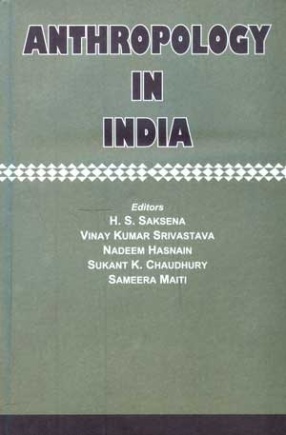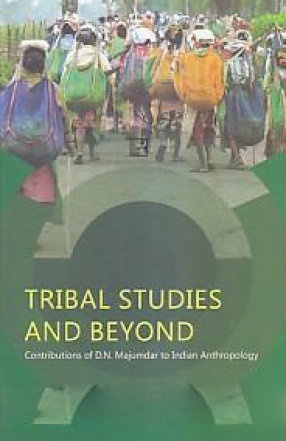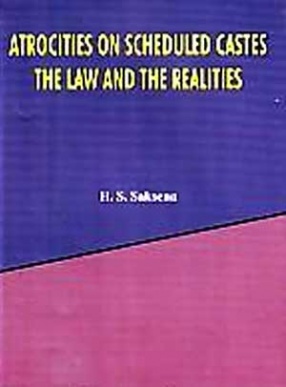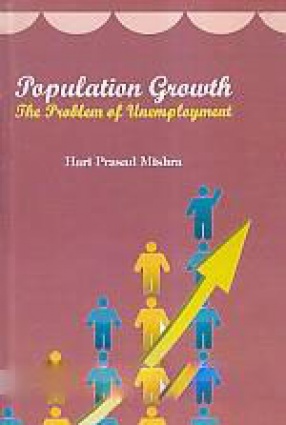Since the beginning of scholarship, social thinkers and intellectuals in general have been interested in understanding the condition and predicaments of human beings, but the subject –anthropology-that was exclusively and professionally devoted to these issues came into existence in the second half of the nineteenth century. In India, before anthropology as a discipline was introduced in the university curriculum, several colonial administrators (such as J.H. Hutton) and native scholars (for example, S.C. Roy) produced monographs and ethnographic accounts of great and lasting value. In the last ninety years or so that anthropology has existed in India, its progress has been woefully slow, notwithstanding the theoretical and methodological impact it has exercised on other disciplines in arts, social sciences and humanities. This volume, put together by the editorial team of The Eastern Anthropologist, has a close look at the status of anthropology in India, different specializations in anthropology, contributions of different scholars to the growth of anthropology, and the crises the subject is faced with. It also includes papers that deal with the applied dimensions of anthropology.
Tribal Studies and Beyond: Contributions of D.N. Majumdar to Indian Anthropology
Dhirendra Nath Majumdar was ...
$63.00
$70.00








There are no reviews yet.